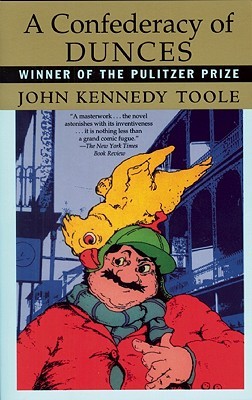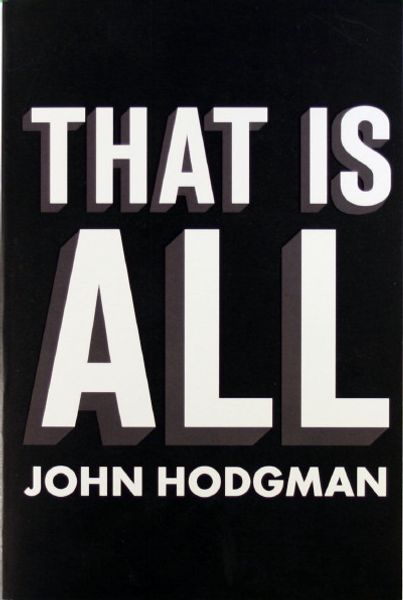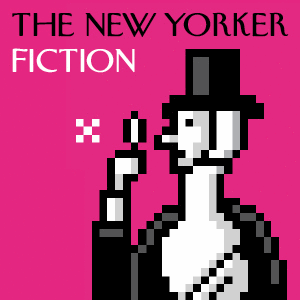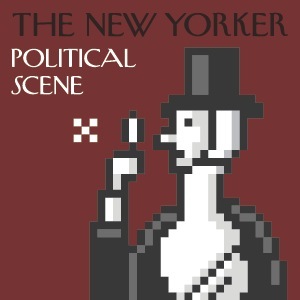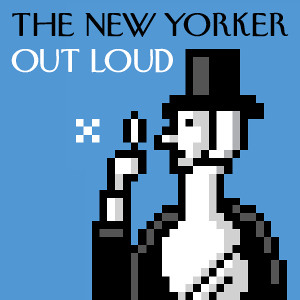So, unless you are in some parts of the Midwest (where apparently Halloween has been postponed until tomorrow), it’s Halloween! And you know what that means: hilarious costumes, great parties, adorable children demanding candy, and, most importantly, it is time to put your cats in their witch hats for approximately 14 seconds to capture the perfectly appropriate picture to post on social media. I’m not dressing up this year, but I am living vicariously through my mom and brother and their awesome costumes (Skyler White and Fix-it Felix Jr., respectively). My own form of celebration usually comes from listening to Halloween-themed music (which we are doing in the office today), watching my favorite horror movies all night (John Carpenter’s Halloween is by far the best, followed closely by Gus Van Sant’s revamp of Psycho), and eating as much candy as I possibly can.
 I love horror movies, even the bad ones (especially the bad ones). But I’ve found that I always find the “based on a true story” movies (and books) to be the scariest. Bryan Bertino’s The Strangers is definitely one of the scariest movies I’ve ever seen. As far as books go, there have been a few books that I have read that have kept me up at night. A couple of years ago, I was getting ready to go on vacation in New Hampshire with my family. As usual, picking out the books I would bring with me (this was pre-Kindle) was an important step in my packing process. I grabbed a couple of books that I had recently bought and hadn’t read before. When I finally got to New Hampshire, my reading binge began. Sitting on the sand at Onway Lake, I breezed through Atonement, which one of my best friends told me I would love (I didn’t, but my mom did). After finishing that, I decided to start reading In Cold Blood. I knew that it was a true-crime, hard-to-categorize “novel” about the murder of a family in Kansas…and that’s about all I knew. I started reading the book and was immediately drawn into the first section, which details the lives of the Clutter family in the small town of Holcomb, Kansas. Quickly, however, I began to regret the decision to read this book on my vacation.
I love horror movies, even the bad ones (especially the bad ones). But I’ve found that I always find the “based on a true story” movies (and books) to be the scariest. Bryan Bertino’s The Strangers is definitely one of the scariest movies I’ve ever seen. As far as books go, there have been a few books that I have read that have kept me up at night. A couple of years ago, I was getting ready to go on vacation in New Hampshire with my family. As usual, picking out the books I would bring with me (this was pre-Kindle) was an important step in my packing process. I grabbed a couple of books that I had recently bought and hadn’t read before. When I finally got to New Hampshire, my reading binge began. Sitting on the sand at Onway Lake, I breezed through Atonement, which one of my best friends told me I would love (I didn’t, but my mom did). After finishing that, I decided to start reading In Cold Blood. I knew that it was a true-crime, hard-to-categorize “novel” about the murder of a family in Kansas…and that’s about all I knew. I started reading the book and was immediately drawn into the first section, which details the lives of the Clutter family in the small town of Holcomb, Kansas. Quickly, however, I began to regret the decision to read this book on my vacation.
During the day, I leisurely read the book on the beach while I took breaks from swimming and hanging out with my family. In broad daylight, there was nothing so terrifying about the book. However, in New Hampshire, we stayed in cottages on the lake that were very isolated and had (at times) faulty locks. We were on the edge of a large wooded area and, as I remember, I had bad cell phone reception. The setting itself sounds like a horror story. Even though it was lovely during the day, after reading about the family’s murder and the trial, I wasn’t able to sleep for the rest of the week. I was convinced that Dick Hickcock and Perry Smith were going to break into the cottage while I was asleep (even though they had been dead for about 50 years). The isolation of the Clutter’s farm where the family was murdered was eerily similar to the isolation I felt in New Hampshire. Even after I finished the book, I still found it hard to sleep in the cottage. Although the vacation was great, I was so happy to go home to a completely overpopulated and crowded New Jersey so that I could finally get some sleep.
-There’s Always Money in the Beaunana Stand
 When you can put “Adventurer” on your business card without bragging or exaggeration, you are doing something right. Jennifer Pharr Davis, record-holding long-distance hiker, author and new mom, is one of the few people around who can call herself by that title with utter impunity, having been named an 2011 Adventurer of the Year by National Geographic Magazine, a publication that knows a little something about adventuring. Among the records Davis holds, perhaps the most impressive is the Overall Appalachian Trail Record. That’s not the women’s record, it’s the record. She through-hiked the trail from start to finish — 2,181 miles — in 46 days, 11 hours and 20 minutes, a trek that takes the highly-above-average outdoorsy Joe (or Josephine) months to complete.
When you can put “Adventurer” on your business card without bragging or exaggeration, you are doing something right. Jennifer Pharr Davis, record-holding long-distance hiker, author and new mom, is one of the few people around who can call herself by that title with utter impunity, having been named an 2011 Adventurer of the Year by National Geographic Magazine, a publication that knows a little something about adventuring. Among the records Davis holds, perhaps the most impressive is the Overall Appalachian Trail Record. That’s not the women’s record, it’s the record. She through-hiked the trail from start to finish — 2,181 miles — in 46 days, 11 hours and 20 minutes, a trek that takes the highly-above-average outdoorsy Joe (or Josephine) months to complete. By Brandy Carl on 10/29/2013 07:03 PM
By Brandy Carl on 10/29/2013 07:03 PM This article was written by William B. Bradshaw and was originally published on the Huffington Post website.
This article was written by William B. Bradshaw and was originally published on the Huffington Post website.  By
By 

 Tyrion Lannister has made me realize the true importance of a character that offers comic relief in an otherwise very serious story. I’m not trying to trivialize Tyrion’s place in the story or make it seem as if his own, super complicated story line isn’t pivotal to the plot; I think that Tyrion’s character is probably the most important one in all of the series, simply because he does offer a bit of relief for the reader in between Martin tearing out your soul and putting it through an obstacle course of emotions.
Tyrion Lannister has made me realize the true importance of a character that offers comic relief in an otherwise very serious story. I’m not trying to trivialize Tyrion’s place in the story or make it seem as if his own, super complicated story line isn’t pivotal to the plot; I think that Tyrion’s character is probably the most important one in all of the series, simply because he does offer a bit of relief for the reader in between Martin tearing out your soul and putting it through an obstacle course of emotions.

